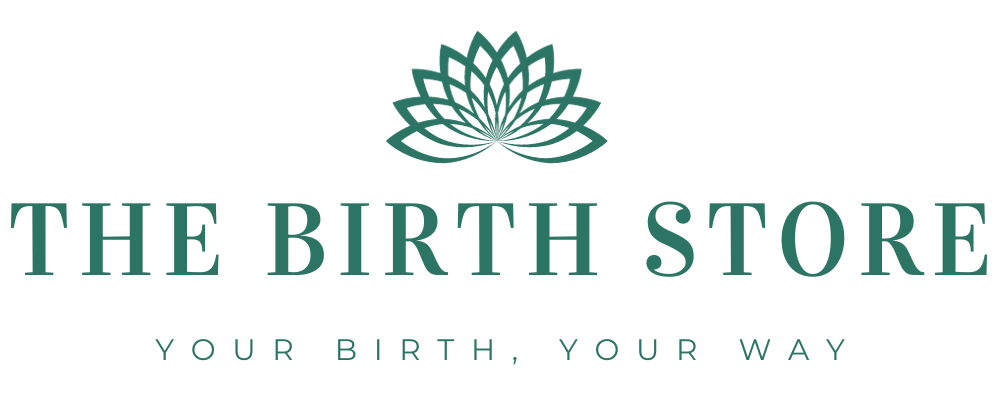Herbal medicine is traditional medicine and a useful tool to manage the ailments of pregnancy and beyond. Although herbs are natural, caution must be shown in pregnancy and while breastfeeding. There are some herbs which are a definite ‘no go’, and if you’re unsure please seek advice from a qualified Naturopath or Herbalist. Each trimester of pregnancy has its own unique needs and are broken down into four parts with the most useful herbs below.
About Corinne
Corinne is a degree qualified Naturopath with over 8 years of experience.
She combines her knowledge of nutrition and herbal medicine, to help women feel supported and confident in their fertility and pregnancy journey.
With a clinical focus on fertility and pregnancy, Corinne offers virtual consultations worldwide.
To work with Corinne, please visit www.thegentlenaturopath.com. Corinne would love to support you in achieving a healthy and empowered pregnancy.
Corinne Leach, Founder of The Gentle Naturopath
Naturopath & Nutritionist
www.thegentlenaturopath.com.au
Trimester 1
The first trimester can be a rocky time for around 70% of women, who experience pregnancy nausea and vomiting commonly known as ‘morning sickness’. Ginger (Zingiber officinale) is the number one herb that comes to mind, for its digestive aid and stomach settling properties. Several clinical studies have found ginger beneficial in reducing nausea. Ginger may be consumed as a drop dose herbal tincture, or as a tea. When taking ginger in therapeutic doses, Ginger should be individually prescribed by your Naturopath. Commercial ginger gummy bears and crystallised gingers should be avoided, as they are high in sugars and counterintuitive to the symptoms of pregnancy nausea.
Trimester 2
During the second trimester, digestive symptoms like indigestion, reflux and constipation can affect some women, which may continue into the third trimester.
Slippery Elm bark (Ulmus fulva) is a powdered herb which can prove useful for the symptoms of reflux and even constipation. Make sure you’re also drinking adequate water! Eating smaller meals more frequently can minimise symptoms of reflux, as well as limiting spicy and highly acidic foods.
Trimester 3
The final trimester of pregnancy is all about growth; this is when stretch marks will often appear (if they haven’t already!). One of the most well-known pregnancy herbs is Raspberry leaf (Rubus idaeus). This herb is taken during the third trimester as a uterine tonic and partus praeparator to aid birth and strengthen contractions. Raspberry leaves are generally consumed as tea (three to four cups daily), or you may take capsules for a more concentrated dose. This herb should be avoided by those prone to constipation or if you have iron deficiency anaemia. Always consult with a Naturopath or Herbalist to ensure Raspberry leaf is right for you.
Trimester 4: Postpartum
The postpartum period is often referred to as ‘the fourth trimester’, after-birth, when baby stays close and still feels like they are a part of you. If you’re breastfeeding, herbal medicine can play a helpful role in aiding your milk to come in. According to research, the herbs Fennel and Aniseed have been found to offer the most benefit, both with galactagogue or ‘lactation stimulating’ properties. Additionally, these herbs are digestive aids which can be helpful if bub happens to be a bit gassy. Breastfeeding aside, the herbs Chamomile and lemon balm come to mind for the fourth trimester, to settle the nerves and ease the adjustment to life with a new baby.





























